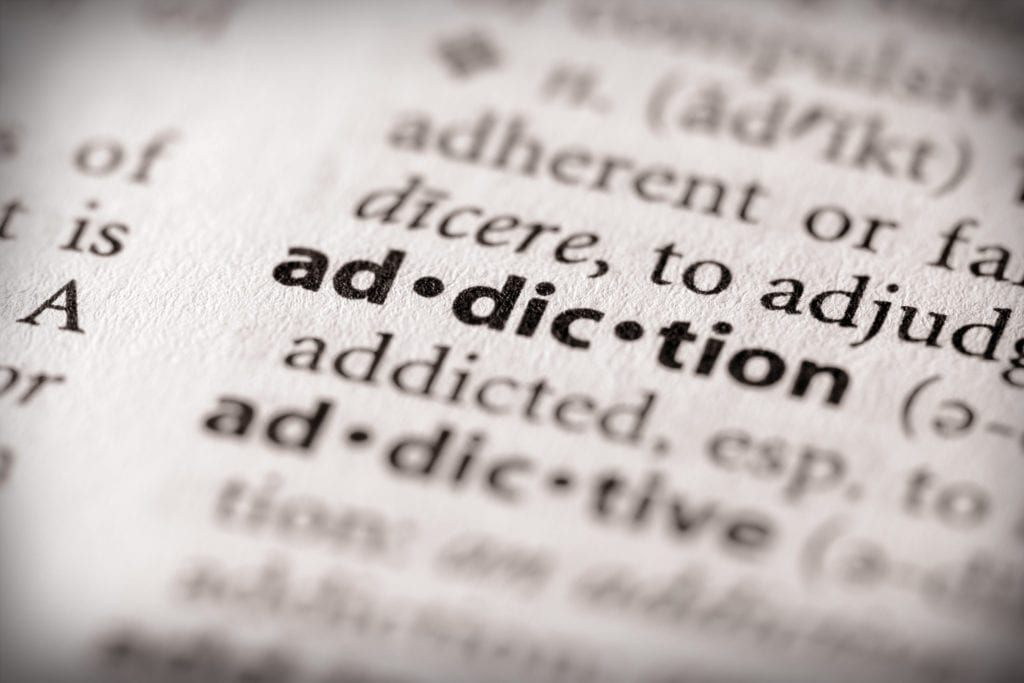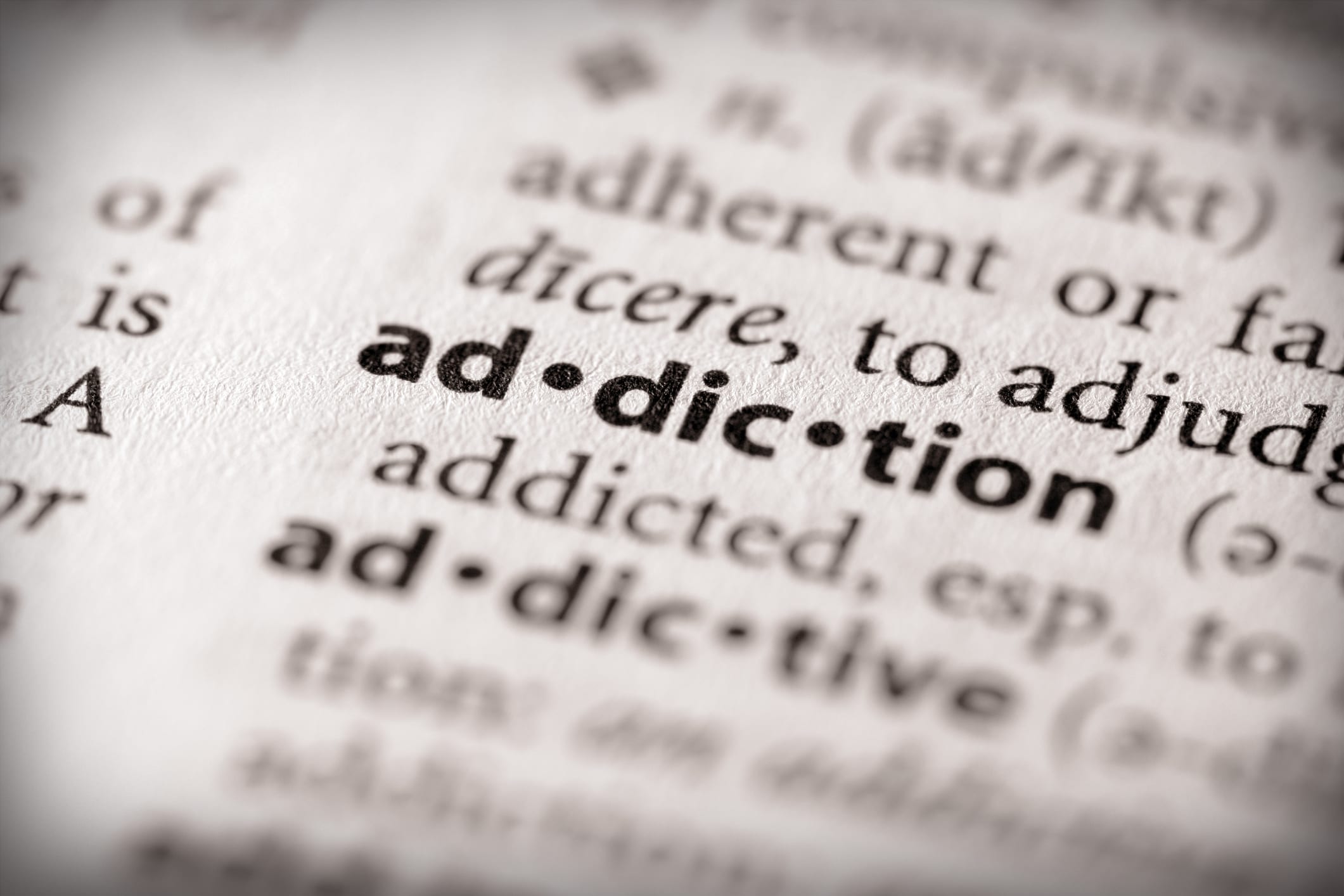
For many, their addiction represents the symptom of a deeper underlying condition. In many cases, substance abuse is the result of an underlying mental health disorder manifesting itself in the form of addiction. For those who suffer from mental health disorders recovering from addiction can be a challenge that requires a dual approach to treatment.
The process of untangling the web of mental illness and addiction often requires digging deeper to identify the source of these issues, which in many instances can stem from the same place.
In What Ways Do Mental Disorders and Addiction Co-Exist?
You may be surprised that 9.2 million adults in the United States suffer from co-occurring disorders involving both mental illness and drug addiction. Perhaps the main reason these disorders intertwine may have to do with stigma. For those who have a mental illness such as depression, anxiety, or PTSD, they may be reluctant to get help. While many effective treatment options exist for mental disorders, many individuals avoid reaching out for help out of fear of judgment or blame for their situation.
As a result, they will often turn to drugs and alcohol to cope with their feelings. While substances may help temporarily alleviate their symptoms, the underlying issues of the mental illness remain unresolved. Those with mental health disorders that go untreated and much more likely to develop substance abuse issues than the general population as many “self-medicate” with drugs and alcohol. Under these circumstances “dual-diagnosis” treatment is needed.
Additionally, it is believed that mental illness and addiction occur in similar parts of the brain. This is especially true of those brain areas that process reward feelings, and those brain areas associated with how stress is processed. Whether it is one phenomenon or the other, the brain activity itself can make the brain vulnerable to either condition.
What are the Risk Factors of Developing a Co-Occurring Disorder?
Three major risk factors increase the likelihood of a person developing both a mental health and addiction problem. The first risk factor is adolescence. Since an adolescent’s brain is still developing, drug and alcohol use has the potential to create mental health issues; likewise, if a young person develops a mental illness, the use of drugs and alcohol and worsen the mental illness.
The second risk factor centers on genetics. Both addiction and mental illness can be seen as brain diseases, and both can run in families. If family members have suffered from either condition, there is a higher likelihood that people in that family can develop either condition. While one’s environment does play a crucial role in whether addiction or mental illness develops, genetics can be seen as the blocking blocks.
The third risk factor is exposure and the environment. Examples of external stimuli include stress, physical/psychological/sexual abuse, poverty, and neglect, to name a few. These stimuli can weaken brain functioning and create mental illness or addiction issues.
Getting Help
Getting help for a co-occurring disorder requires specialized treatment. Since mental illness and addiction are deeply intertwined, treatment must include the combined forces of mental health and addiction specialists. Through medication therapy, counseling, life, and coping skills training, and a variety of holistic and traditional therapies, people with co-occurring disorders can get the tools and support they need to manage their mental illness and overcome their addiction. Fortunately, more treatment programs are incorporating co-occurring treatment options in their programs. It may be hard work and a long road to recovery, but the effort is worth it.
